Below is a passage of ‘Return of the Wolf’, following on from yesterday. Enjoy:
“I have an odd request. It is...a sentimental request.” The Basque had not intended to outlay his inner motivations. For there was no sense Glenn would display any outward affectation of his inner thoughts.
“Could you restore a FN Model 1910? I have had greater difficulty sourcing one than I had expected. I thought your contact would be much better than mine. It is not like this model is in demand.”
Glenn nodded, without betraying any emotion. “Easy. I can. How soon do you need it?”
“Only as soon as you can get it. How long would you estimate?”
“A couple of weeks, depending on delivery times. I could find a seller within a couple of days. If you were willing to collect from a seller, you could have it within a week.”
“Yes, great.”
“Why a Model 1910?’ enquired Glenn.
Glenn had caught the Basque off-guard. It wasn’t an intrusive inquiry, but given Glenn’s ordinary disposition, it was of curiosity to The Basque. The Basque was uncertain how best to respond.
“Why don’t you steal the original?”
Glenn had been able to read him, perplexing The Basque.
“Serial number #19074”, continued Glenn. The Basque did not know the serial number by heart, but this sounded correct.
“I am not a thief,” exchanged The Basque, not qualifying himself for honour, but rather it wasn't his skillset to be a cat burglar.
“What is the security system like at the Vienna Museum of Military History?”
“I would not know,” parried The Basque, smiling at Glenn’s show of unanticipated curiosity.
“Why stop at the model, why not the actual pistol?”
“My sentiment does not extend to risk imprisonment to capture the original pistol. A similar model will please.”
“OK,” conceded Glenn, who seemed disappointed.
The Basque later reflected what in Glenn’s mindset aroused curiosity of the World War I catalyst. He pondered whether it related to the effect World War I had on this region, and how devastated Belgium was by it. Fortified Liège had been the opening battle of Germany’s invasion of Belgium, the city issued the Liège Medal for its defence. Once Liège fell, the so-called Rape of Belgium ensued, leading to further invasion and occupation.
The war activated the Flemish Movement, fostering greater consciousness of Flemish identity. Trench warfare ravaged the fields of Flanders, land giving way to no-man’s land, with mass loss of life.
In a twist of irony, the occupying Germans stoked the movement of greater sentiment toward Flemish, a Germanic language. A variety of Dutch, Flemish is a West Germanic language. The occupying Germans undertook policies to dissolve French-speaking Wallonia and Flemish-speaking Flanders. The Germans exploited discrimination toward Flemish speakers before the war.
The motivations lay in the pan-German ideology, wishing to unify all German-speakers. This included residents of a unified Germany, Austria, and parts of Switzerland. But it also extended to those speaking Germanic languages, including Scandinavian countries.
It occurred to The Basque the frequency of which he encountered fellow separatists, like he, in his work. Either loud and proud, or closeted; militant or otherwise.
As they bade farewell from Glenn’s front door, an amiable smile from Glenn, The Basque was in a contemplative headspace. Of compulsion, he found himself wandering over to the adjacent shopping centre, a street away. He roamed the shopping centre, as many do, bereft of aim, but for the fulfilment of an unidentified emptiness. In vain hope juice bars or a Sunglass Hut will occupy the void. The Basque was not immune from such vague pangs of alienation or searching.
Within the shopping centre, he found a cheery and welcoming chain of Belgian cafe-restaurants. The Basque ordered a cappuccino. He valued any coffeehouse employing automatic coffee machines, producing cafe-quality coffees. He had no umbrage with baristas, but the lack of fuss - an acknowledgement that a machine could do an on-par job for the task - warmed him.
His current mood befitted the overcast pall of Belgium. In such surroundings, he welcomed it. Overcast spells, calling for accompanying temperaments, were an occasional fixture of Euskadi. This was on account of the Basque Mountains meeting the Bay of Biscay, leading out to the greater Atlantic.
The Basque didn't know what had stung him about Glenn’s uncharacteristic questioning. Was it the sense of Flemish secessionist sentiment? But for what reason did this have to irk him, or throw him off balance?
Over the cappuccino, he lost himself in thought, not ill-tempered or depressive, but pensive. The Basque cast his mind to all the clients for which he’d worked of a separatist nature. Most of his work was in the name of identity, on religious, ethnic, or regional grounds. In the employ of armed rebel groups, international or state based. Resistance to a governing power.
He gave great thought to his native movement, and roots with ETA, or Euskadi Ta Askatasuna, Basque for 'Basque Homeland and Liberty'. The assertion the unique Basque people and culture deserved political nationhood drove ETA. Separate from its existing French and Spanish territories.

